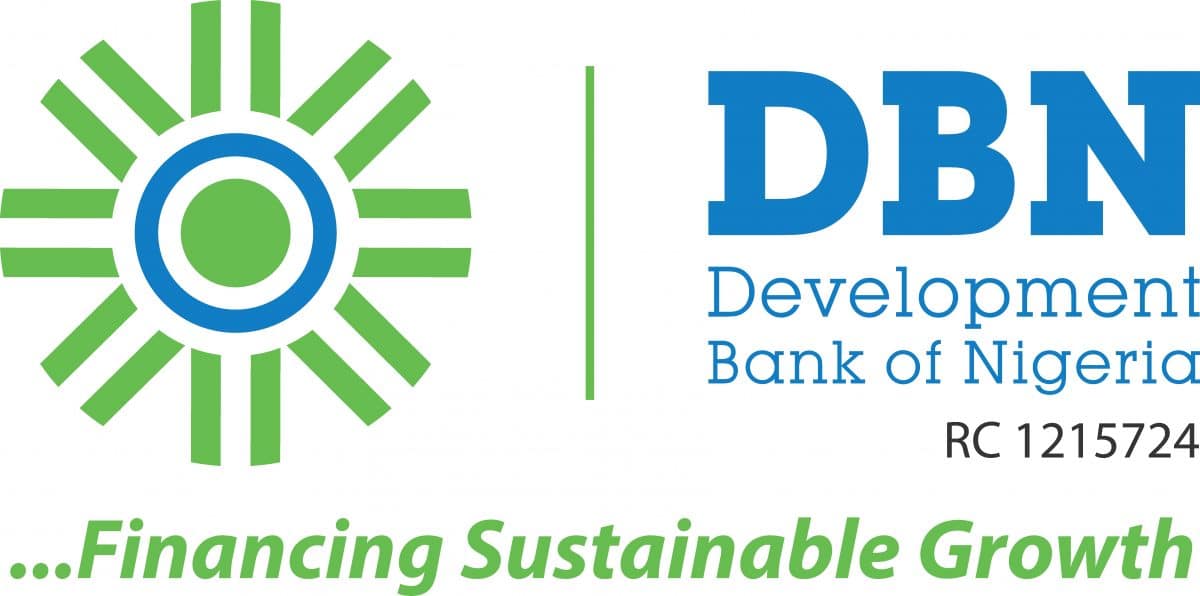The Development Bank of Nigeria (DBN) has allocated over N734 billion in loans to support more than 405,000 Micro, Small, and Medium Enterprises (MSMEs). With a focus on financing, capacity building, and mentorship, DBN has significantly contributed to the creation of over 900,000 jobs and has had a substantial impact on economic activity within six years of its existence.
The bank’s recent emphasis goes beyond financing, urging MSMEs to embrace technology to optimize their business operations and drive growth. The DBN’s 4th Annual lecture series, themed “A DIGITAL NIGERIA: Leveraging Technology to Improve Ease of Doing Business for MSMEs,” explored strategies to support MSMEs in adopting digital technologies for relevance in the current business landscape.
DBN emphasized that digital transformation is crucial for MSMEs, considering the evolving global business environment and the need for industries to adapt through the adoption of new digital technologies. Despite the challenges of digital transformation, businesses that have implemented technological innovations have experienced significant operational efficiency gains.
While addressing the importance of technology, the Chairman of DBN, Shehu Yahaya, stated, “DBN is committed to actively supporting MSMEs in adopting digital technologies through our financing initiatives and capacity-building programs. We believe that by embracing technology, we can unlock the full potential of Nigeria’s entrepreneurial spirit and propel our economy towards sustainable growth and prosperity.”
The need for a digital Nigeria extends beyond government initiatives, requiring collaboration between the public and private sectors. Government-owned institutions must create an enabling policy environment and invest in digital infrastructure, while the private sector, especially technology companies, should develop and deploy innovative solutions tailored to Nigerian businesses.
The Director-General of the National Information Technology Development Agency (NITDA), Kashifu Abdullahi, highlighted the importance of digitalization in driving sustainable economic growth and improving the ease of doing business for MSMEs. Abdullahi assured inclusivity in access to digital infrastructure, emphasizing government efforts in providing an easy online business registration process and a legal framework to facilitate investments in digital public infrastructure.
Digital transformation not only reduces transaction costs but also enhances the flexibility, speed, and income-generating opportunities for small businesses. Businesses resisting technological advancements risk limitations in scalability, market reach, operational efficiency, profitability, and competitiveness.
DBN’s Managing Director/CEO, Tony Okpanachi, emphasized the transformative impact of the internet on human interaction and commerce. He acknowledged Nigeria’s internet penetration challenges and expressed DBN’s commitment to promoting solutions that unlock innovative funding for MSMEs while driving creativity to improve the country’s position on the Ease of Doing Business ranking.
Through its Annual Lecture Series and initiatives like the Techpreneur Summit, DBN continues to lead conversations on driving innovation, resilience, and profitability for smaller businesses, particularly in the context of emerging technologies.










